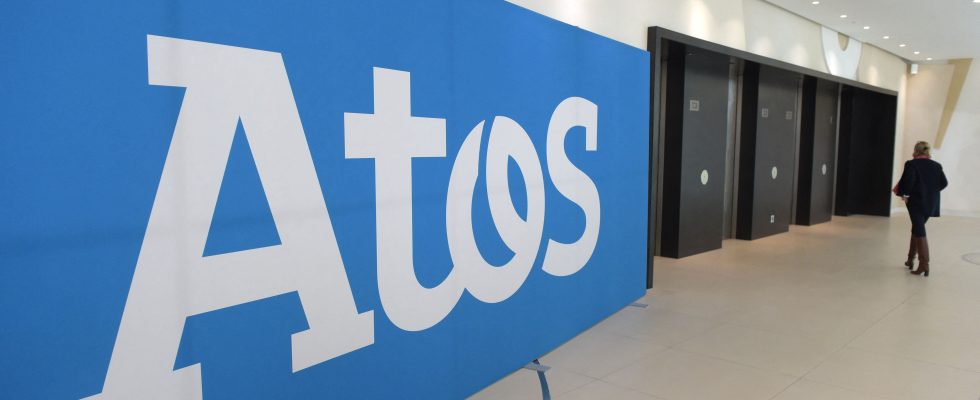Clearly, everything is going wrong. Airbus will ultimately not buy Atos’ Big Data & Security (BDS) activities. The Franco-German aircraft manufacturer announced this Tuesday morning in a laconic press release that it was putting an end to discussions. One more disappointment for the IT services group with its fragile balance sheet – more than 2 billion euros in net debt at the end of 2023. A few weeks ago, the sale of its Tech Foundations consulting branch to Czech billionaire Daniel Kretinsky had it also came up short. On the stock market, the sanction was commensurate with the disappointment: the stock fell by 19% on Tuesday. For its part, Bercy confirms its intention to get involved in the matter: in a press release published in the evening, the ministry warns: “With regard to the sensitive activities of Atos, in particular Big Data & Security, the State will construct in the coming weeks a national solution to protect strategic activities.”
The activist fund Ciam had already stepped up to the plate on this burning issue, denouncing the poor communication of the previous management. One of its co-founders, Catherine Berjal, is surprised by the disastrous outcome of the discussions with Airbus. And wonders about the political issues of this aborted negotiation.
L’Express: How did we get there?
Catherine Berjal: The split project put forward by the former number one, Bertrand Meunier, was not viable. The current president, Jean-Pierre Mustier, understood that the two activities [NDLR : Tech Foundations dans l’infogérance et Eviden dans la cybersécurité et le cloud] were nested. He did not agree to make the deal with Daniel Kretinsky. None of the shareholders who spoke supported this operation, at least not at the announced price. There were only the investment bankers, Bertrand Meunier and certain members of the council to defend it. The latter left six months ago. Time was against Atos.
What might the sequel look like?
The group will perhaps succeed in selling Syntel, its American branch. Its offshore activities [NDLR : les effectifs sont localisés dans des pays à bas coût, comme l’Inde] are interesting for Atos, but apart from that, it does not have the critical size, it is too small in the United States. Syntel was purchased for nearly $3 billion in 2018. Today, this entity is obviously worth less. She had been paid with a control bonus by Thierry Breton, then CEO of Atos, and this activity earns less than before.
Management was to communicate on the valuation of its assets tomorrow, during the publication of the annual accounts, but this presentation has been postponed indefinitely. Atos is worth the money, but the bad news is piling up. Short sellers [NDLR : investisseurs qui font le pari d’une baisse de l’action] have an interest in the price falling, and some companies have an interest in dismantling to buy assets at a low price.
How do you explain that Airbus is abandoning negotiations for the takeover of BDS?
This latest twist was a surprise, because the discussions seemed to be very well underway. There was a question of price, but the range of 1.5 to 1.8 billion euros seemed suitable to us. If BDS had been sold to Airbus – once again, we were rather optimistic on this subject – this would have replenished Atos’ coffers, and the machine could restart after a bad patch. The failure of this negotiation could reflect on Thierry Breton, who is seeking a mandate as president of the European Commission… The Germans at Airbus were rather unfavorable to this operation and the pre-European elections context surely played a role as well.
.
